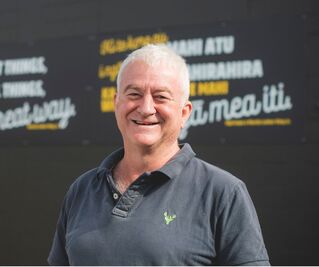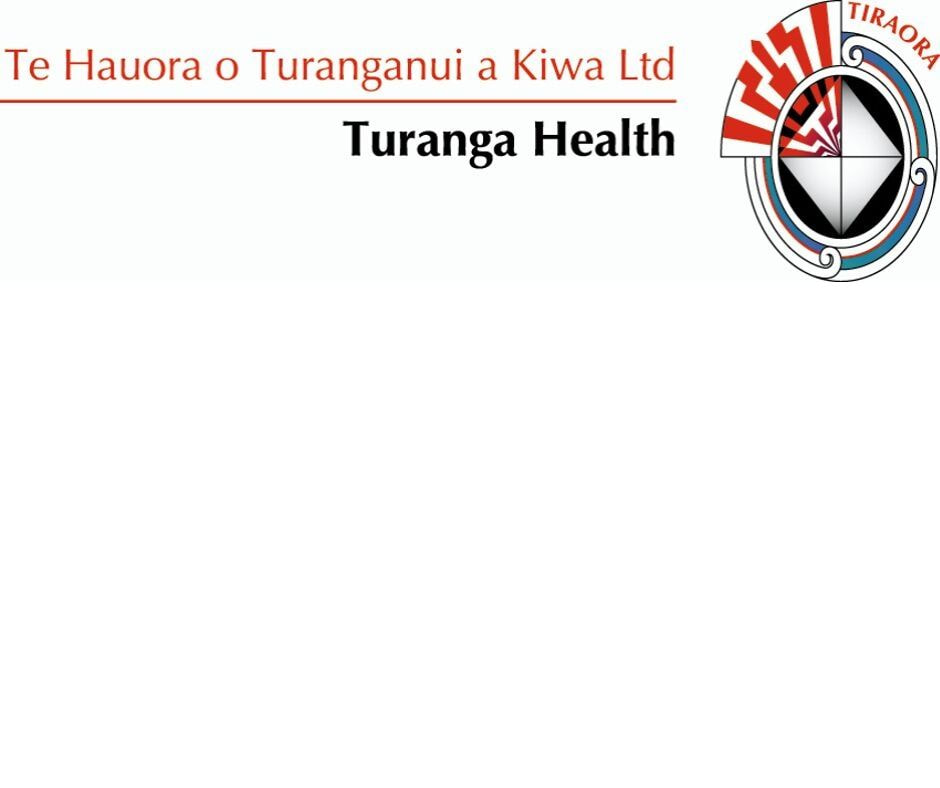 RETURNING from Otago Medical School in the mid-1980s, the newly-minted Dr Patrick McHugh spent two years as a House Surgeon at Gisborne Hospital then, despite an initial plan to stay for just a couple of years, found himself working in general practice. More than three decades later he is still in Gisborne and, over the years, has developed roles in both traditional and non-traditional healthcare that make him somewhat of a medical octopus. These days many of those medical limbs reach into Tūranga Health, which he joined in late 2019. And that is just one of the multiple roles he holds as his way of making his most enduring contribution to his community. “Many, if not most, diseases are related to lifestyle and while medication can be an important part of care, they are not the be-all and end-all,” he says. “That's what drew me to Tūranga Health. I've been impressed at how they get on and do things, and how they have developed in the relatively short time they've been operating, and I wanted to get on board with that mahi.” Patrick brings to the table a wealth of experience in both general practice, rural hospital, and emergency medicine. He also led the Tairāwhiti Interprofessional Education Programme; is community research liaison for Gisborne's Mātai Medical Research Institute; works in Hauora Tairāwhiti’s opiate treatment programme; and served as its GP liaison. And he is active in both research and advocacy around “heartful” and “mindful” non-pharmaceutical interventions, including the use of plant-based diets, acupressure, and breathing techniques as part of the journey towards better health. Those are all roles he draws on in his work as primary care consultant with Tūranga Health, for which he has already been able to help get its Waikohu Health Centre the classification needed to access funding and expertise. He's also been instrumental in the development of Tūranga Health's hub at Elgin -- which he defines as a space where whānau can identify with, feel welcome in, and have a voice – and in research around lifestyle interventions, family harm, and traumatic brain injury. And he works with Tūranga Health navigators on supporting whānau who may need extra help. Overall, Patrick is a doctor who believes that “doctoring” is not always the best approach. “I still get some satisfaction working in acute arena but am interested in where I can be of value in the community rather than a hospital setting,” he says. “For me, the learning in primary care is in seeing how health plays out, how that works both for the individual and in social impact. “In many instances, interventions work better when delivered in a group dynamic rather than one-on-one, and that is where Tūranga Health makes a meaningful difference.”
0 Comments
Leave a Reply. |
Media Releases
Email us if you want to receive our media releases. Archives
February 2024
|


